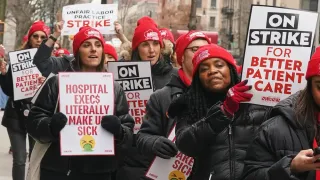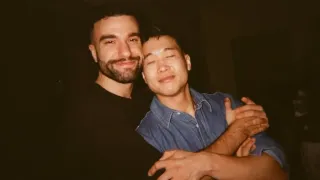December 10, 2014
Former Miss America Mary Ann Mobley Dies at 77
Jason St. Amand READ TIME: 1 MIN.
A former Miss America who went on to appear in movies with Elvis Presley and make documentary films around the world has died.
A spokesman for the University of Mississippi confirmed Mary Ann Mobley Collins died Tuesday in Beverly Hills, California, after a battle with breast cancer. She was 77.
Danny Blanton of Ole Miss said Mobley Collins was close friends with a former chancellor of the university. She graduated from Ole Miss in 1958, the same year she won the Miss America crown.
She became an actress a few years later, with credits including such TV shows as "General Hospital" and "Perry Mason," and films such as "Girl Happy" with Presley and "Three on a Couch" with Jerry Lewis. It was on that film she met her husband, actor Gary Collins, who died in 2012.
Mobley Collins was also a documentarian, traveling to Cambodia, Ethiopia, Mozambique, Somalia, Kenya, Zimbabwe and Sudan to make movies about the struggles of homeless and starving children.
She and her husband were also active humanitarians, raising money and awareness for organizations such as the March of Dimes and the United Cerebral Palsy Association.
Mobley Collins is survived by daughters Clancy Collins White and Melissa Collins, son Guy William Collins, sister Sandra Young, and two grandsons.
Services were planned for Monday in Jackson, Mississippi.






